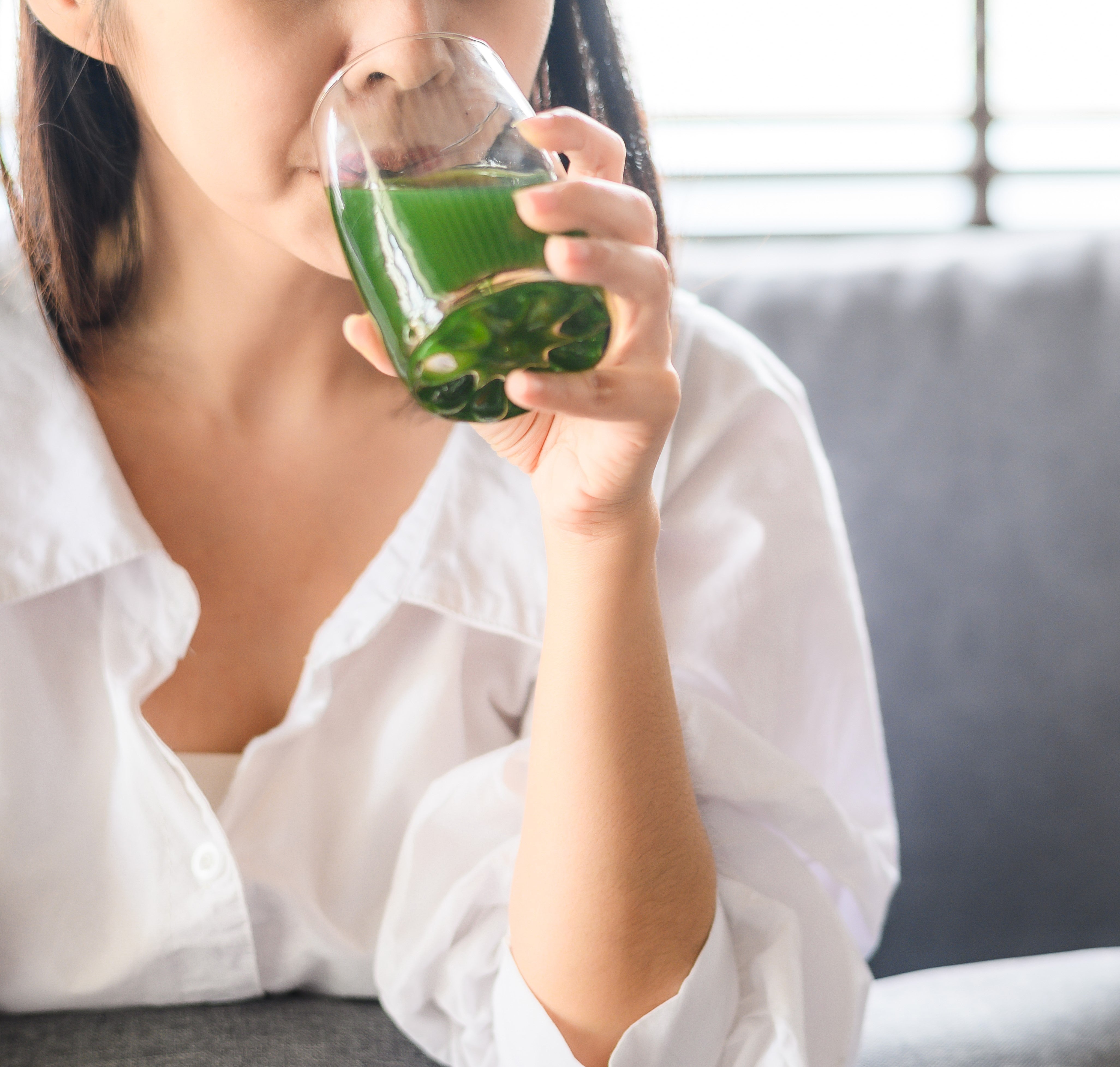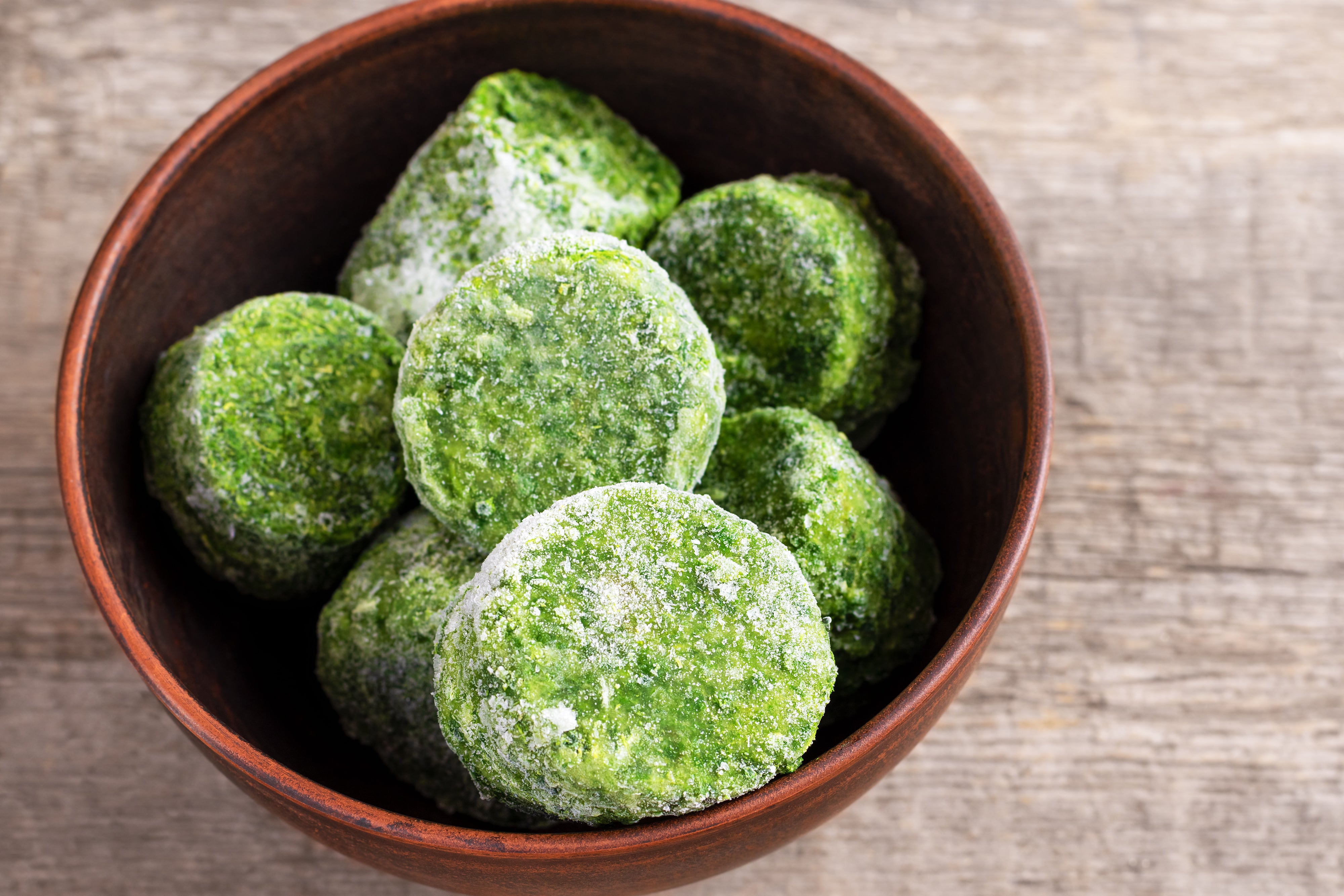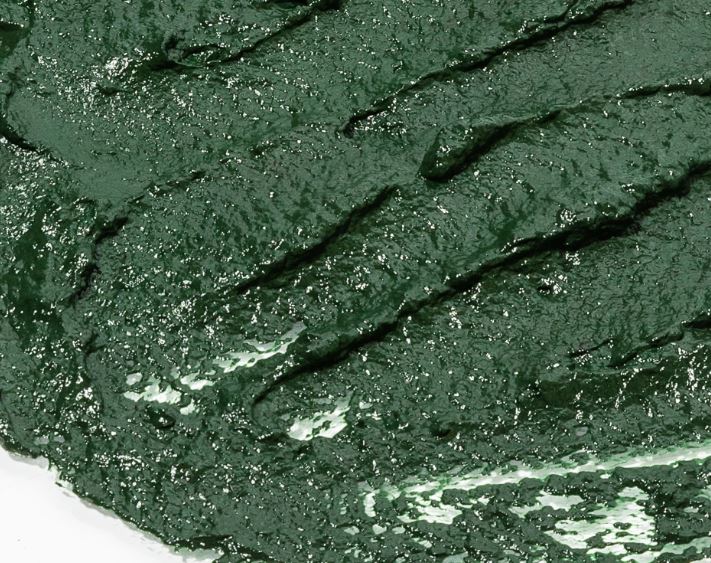
Spirulina During Breastfeeding: Is It Safe?
Spirulina, a nutrient-packed blue-green algae, is a popular supplement known for its health benefits. For breastfeeding mothers, it’s natural to wonder whether spirulina is safe to take while nursing and if it can support both their health and their baby's well-being. In this article, we will explore the benefits and safety considerations of using spirulina during breastfeeding.
Is Spirulina Safe While Breastfeeding?
Spirulina is generally considered safe for breastfeeding mothers when consumed in moderation. This superfood is rich in essential nutrients, including protein, iron, vitamins, and minerals, which can help support the mother’s nutritional needs during this time. However, as with any supplement, it is important for nursing mothers to consult with a healthcare provider before incorporating spirulina into their routine.
One of the key benefits of spirulina is its high nutritional value, including vitamin B12, which is often lacking in many breastfeeding diets, especially for vegetarian or vegan mothers. Spirulina can help fill this gap and ensure that both the mother and baby are receiving essential nutrients that support energy levels, immune function, and overall health.
Benefits of Spirulina for Breastfeeding Mothers
- Boosting Energy Levels
Breastfeeding can be physically demanding, and many new mothers experience fatigue. Spirulina can help combat fatigue due to its rich supply of B vitamins and iron. These nutrients are essential for energy production, making spirulina an excellent supplement for boosting energy levels and reducing tiredness during breastfeeding.
- Supporting Immune Health
Spirulina contains powerful antioxidants that can help boost the immune system. This is particularly important for breastfeeding mothers who may be more vulnerable to infections and illnesses as their immune system works to protect both themselves and their baby. The antioxidants found in spirulina help fight oxidative stress and support overall immune function.
- Maintaining Healthy Milk Supply
While there is no direct evidence that spirulina increases milk production, some breastfeeding mothers report that spirulina helps them feel more energetic and nourished, which may indirectly contribute to a healthier milk supply. The high protein content in spirulina may also support overall nutritional needs, ensuring that both mother and baby are well-nourished.
- Supporting Postpartum Recovery
After childbirth, the body undergoes significant changes. Spirulina’s high protein content can support tissue repair and muscle recovery, which is important for postpartum recovery. Additionally, spirulina’s anti-inflammatory properties can help reduce any inflammation or discomfort after delivery.
Possible Side Effects and Considerations
While spirulina offers many benefits, it’s essential to take it with caution during breastfeeding. Some breastfeeding mothers may experience mild digestive discomfort, such as bloating or gas, when first starting spirulina. This is generally temporary and can be mitigated by starting with a smaller dose and gradually increasing intake.
It is also important to source spirulina from reputable suppliers to avoid contamination. Spirulina can sometimes be contaminated with harmful substances such as heavy metals, which could pose a risk to both the mother and the baby. Always choose organic, certified spirulina from trusted brands to ensure purity and quality.
How to Incorporate Spirulina into Your Diet
For breastfeeding mothers looking to include spirulina in their diet, the most common forms are spirulina powder and capsules. The powder can be easily added to smoothies, shakes, or juices, while capsules are a convenient option for those who prefer a more straightforward supplement.
The recommended dosage of spirulina for breastfeeding mothers is typically around 1 to 3 grams per day, but it’s always best to consult with a healthcare provider for personalized advice.


